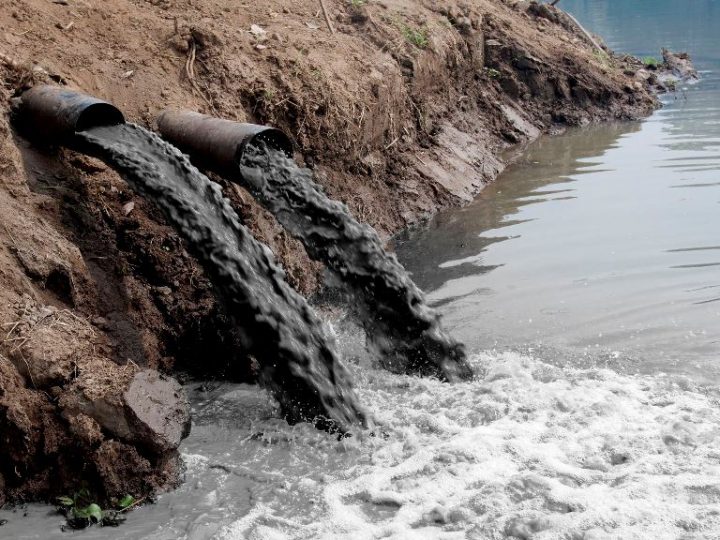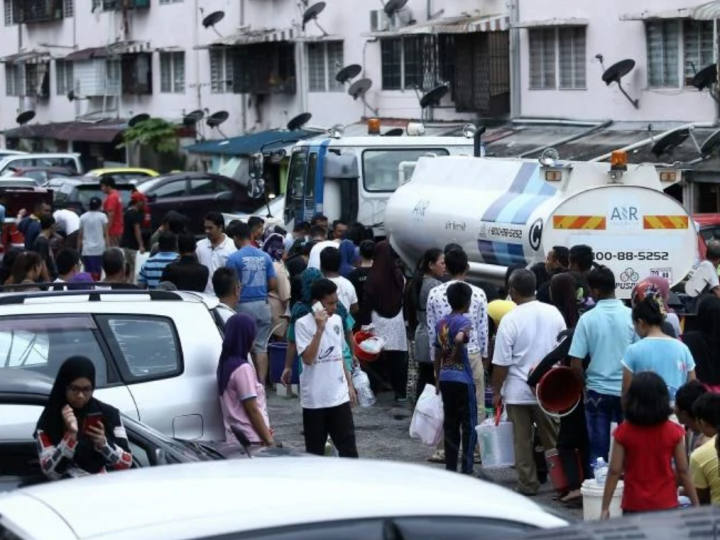308 Selayang Factories, Including The One That Caused Our Recent Water Cut, Are Operating Illegally
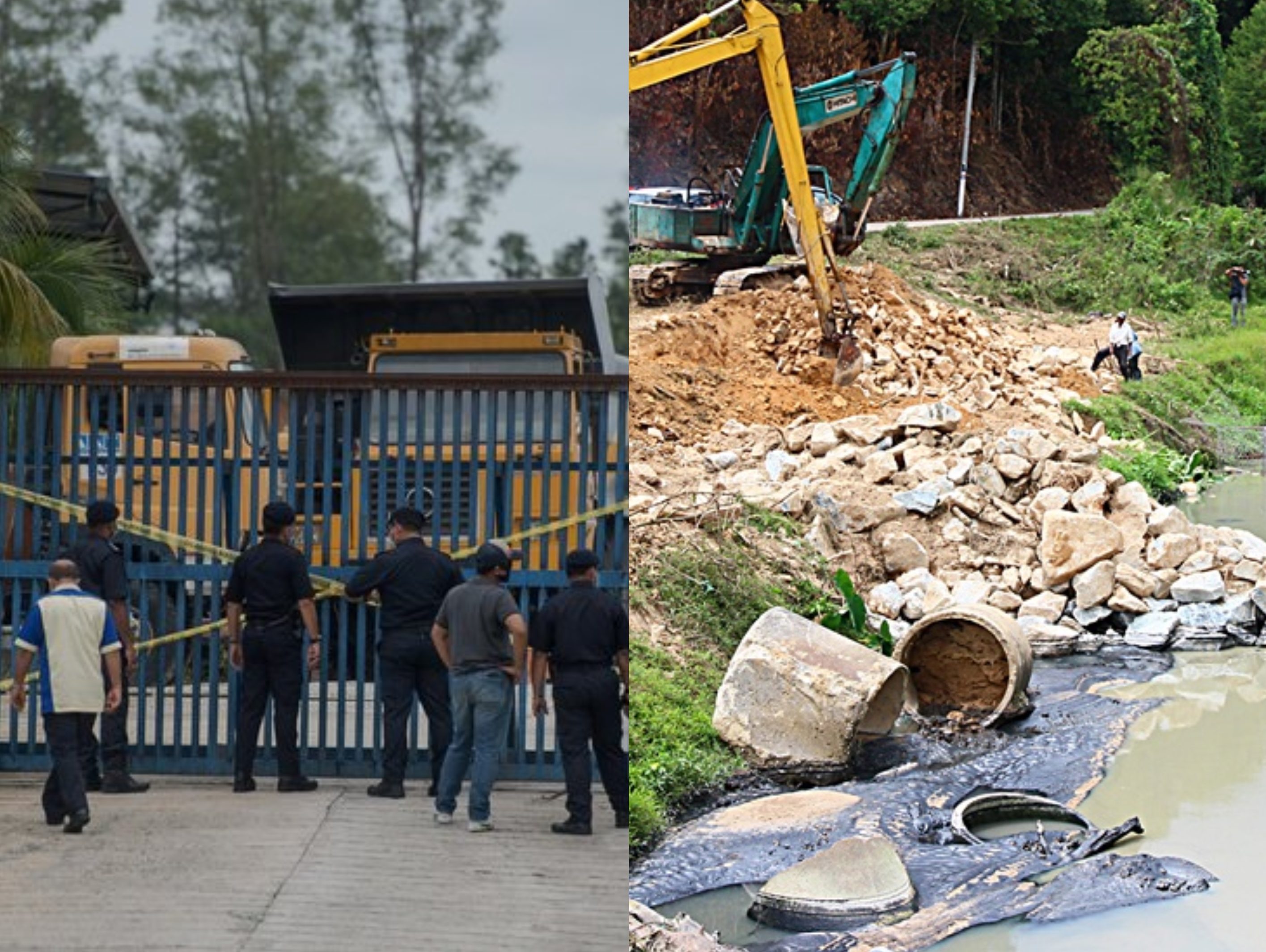 Thirsty for JUICE content? Quench your cravings on our Instagram, TikTok and WhatsApp
Thirsty for JUICE content? Quench your cravings on our Instagram, TikTok and WhatsApp
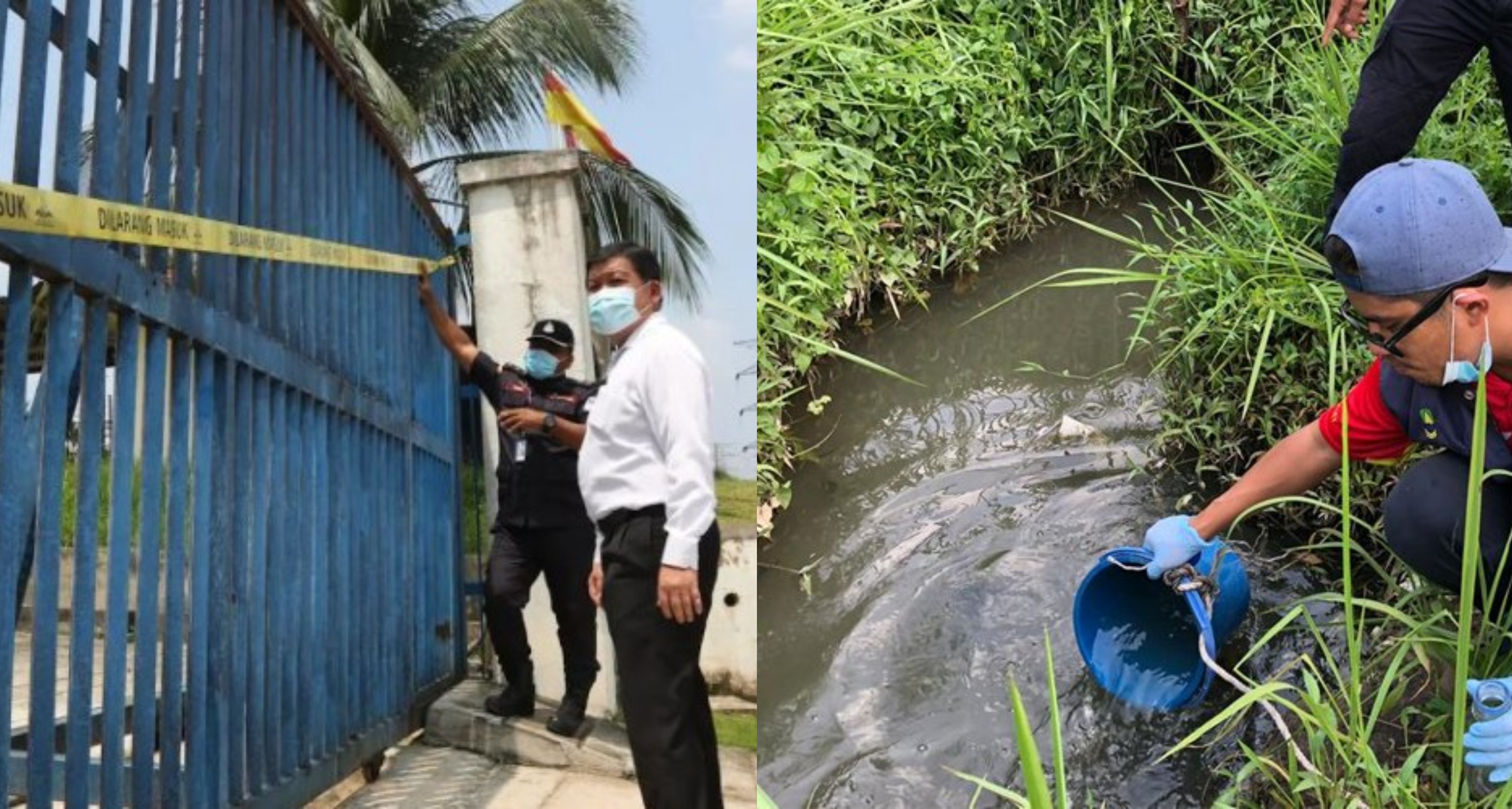
Last week, Sungai Gong – a tributary of Sg Selangor, was polluted by Yip Chee Seng factory in Selayang which caused water disruption to 1.2 million people in the Klang Valley.
According to NST, the factory has been operating since 2014 without any licence or permission from the Selayang Municipal Council (MPS).
The MPS Corporate Department Director Mohd Zin Masoad mentioned that the local authority had advised the factory twice to apply for a licence after it was found operating in the past six years. MPS on the other hand, has also given the factory a warning notice on March but both warnings were allegedly ignored by the factory’s management.
“Apart from operating without permission, the factory which is believed to be involved in carrying out various other business activities had also constructed building structures within their premises without any written permission from MPS. The owner or factory management did not send any application to conduct business,” he said.
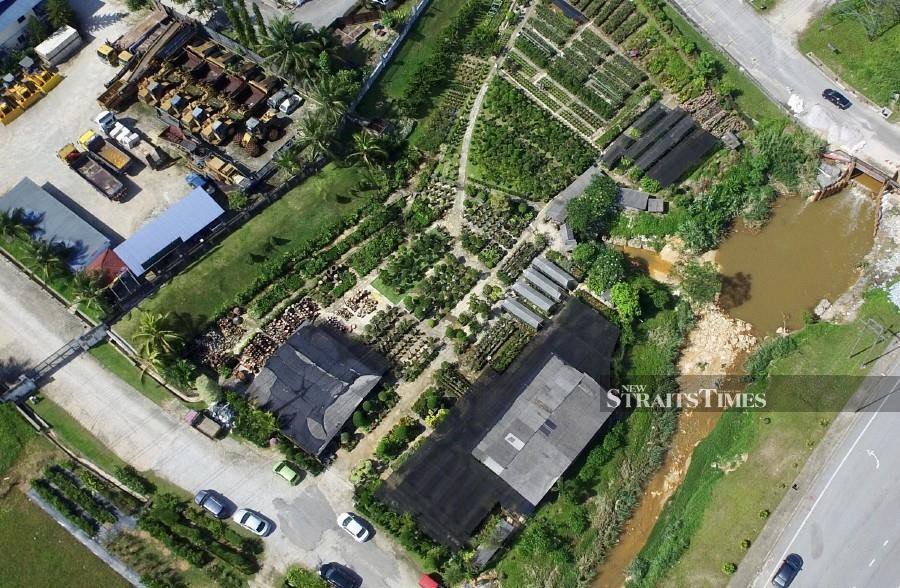
Besides this one factory though, an overwhelming total of 308 industrial factories out of 6,000 within the local authority are reportedly operating illegally after they failed to get the necessary permission.
Zin said all 308 factory operators will be called up this Friday to undergo legalisation process.
“So far, 50 of the 308 factory operators have applied for their business licences but 258 will be ordered to apply for permission to conduct business. We will undertake legalisation process and in the event they remain stubborn, action can be taken against them including sealing their premises as well as demolishing their buildings,” he warned.
MPS has also expedited its business licence application, therefore, Zin stated that there is no reason for any factory operator not to apply for one.
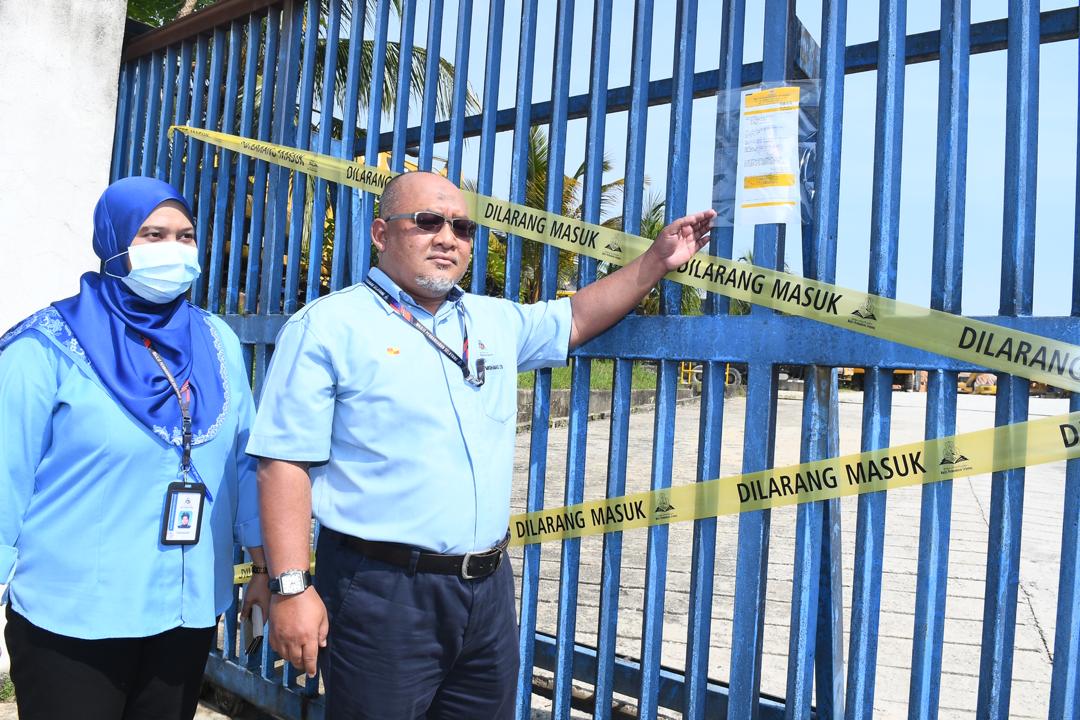
He noted that when all these factories operate legally, their business activities will be more organised and in accordance with the conditions set.
“This is because apart from the MPS licensing and permission, factory operators also need to get approvals from the Department of Environment, Fire and Rescue and other relevant government agencies. When they register with all relevant government agencies then they will get more guidance and conditions will also be set on any business activities which they carry out,” he said.


 Get Audio+
Get Audio+ Hot FM
Hot FM Kool 101
Kool 101 Eight FM
Eight FM Fly FM
Fly FM Molek FM
Molek FM